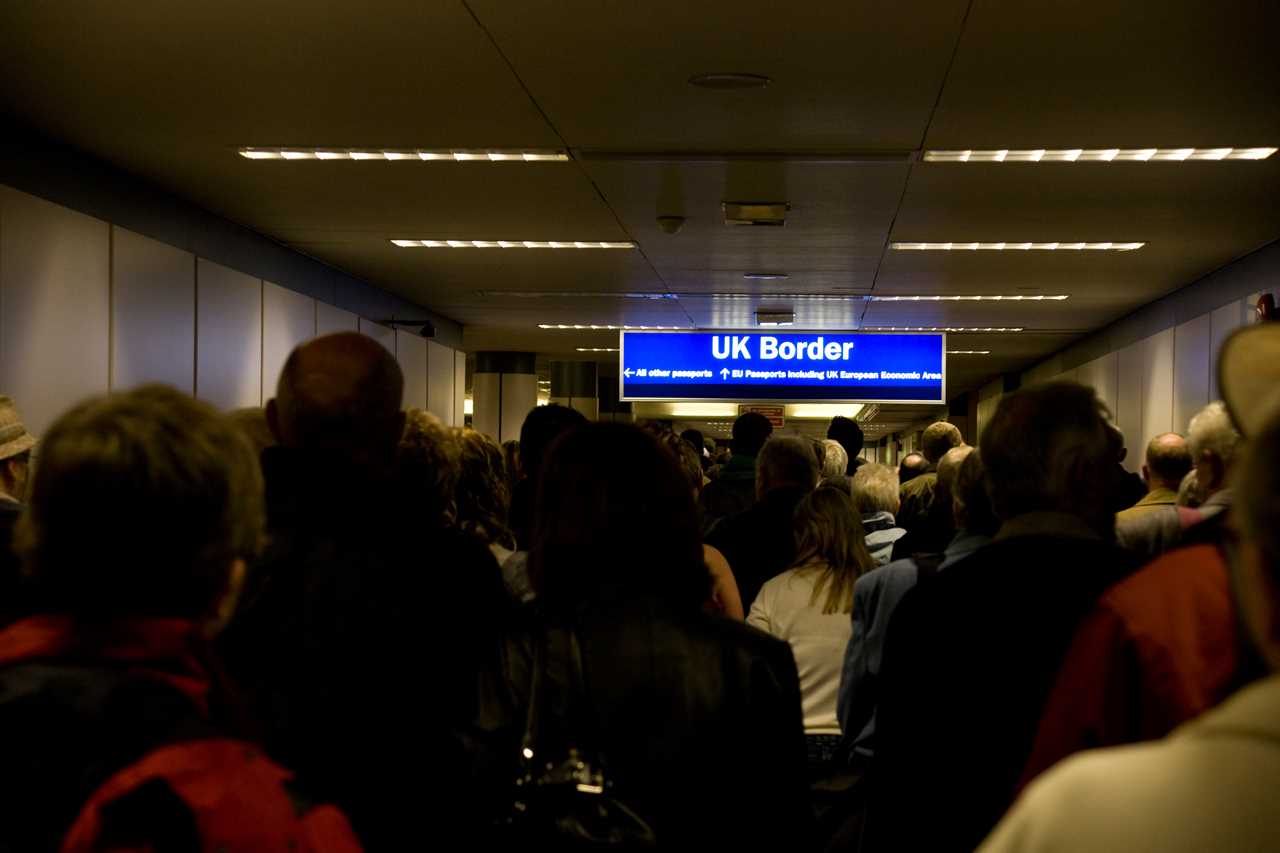
The impact of immigration on public services has reached a critical juncture, as highlighted by a senior official at the UK's fiscal oversight body.
Shifting Dynamics of Population and Workforce
Economist David Miles cautions that the current reliance on overseas workers is placing unsustainable pressure on essential services. He emphasises the need for a strategic shift in addressing worklessness domestically rather than leaning heavily on mass migration to fill gaps in the labour market.
Rethinking Fiscal Pressures
Miles underscores the complex interplay between immigration, demographic shifts, and fiscal challenges. While some view population growth driven by immigration as a potential solution to financial strains, Miles argues that this approach poses significant drawbacks, as migrants eventually access public services and benefits.
Addressing Economic Inactivity Post-Covid
The key to addressing these challenges, according to Miles, lies in tackling the surge in economic inactivity post-Covid, particularly among British citizens. By focusing on reintegrating individuals, especially the youth, into the workforce, substantial fiscal benefits can be realised.

Reframing the Debate on Benefits and Immigration
Amid growing concerns over the escalating benefits expenditure in the UK, exacerbated by recent policy shifts, Miles' intervention challenges conventional views on the economic impacts of immigration. The Office for Budget Responsibility's reassessment of the fiscal implications of low-paid migrants underscores the need for a more nuanced approach to immigration policy.
Mr Miles’ comments mark a major intervention from a senior figure at the OBR, which has long treated immigration as an economic good. The OBR has admitted low-paid migrants are a net drain — costing taxpayers £150,000 each by the time they hit state pension age. Data shows immigration fuelled England and Wales’ population growth by 700,000 in a year to June 2024.
As the discourse around immigration and public services continues to evolve, it is imperative to engage with the complexities of demographic shifts, workforce dynamics, and fiscal sustainability. By reimagining policy responses through a lens of social equity and economic pragmatism, we can navigate the challenges posed by immigration while upholding the integrity of public services and societal well-being.
Did you miss our previous article...
https://trendinginthenews.com/uk-politics/navigating-the-complexities-of-immigration-unpacking-responses-to-traumatic-events






